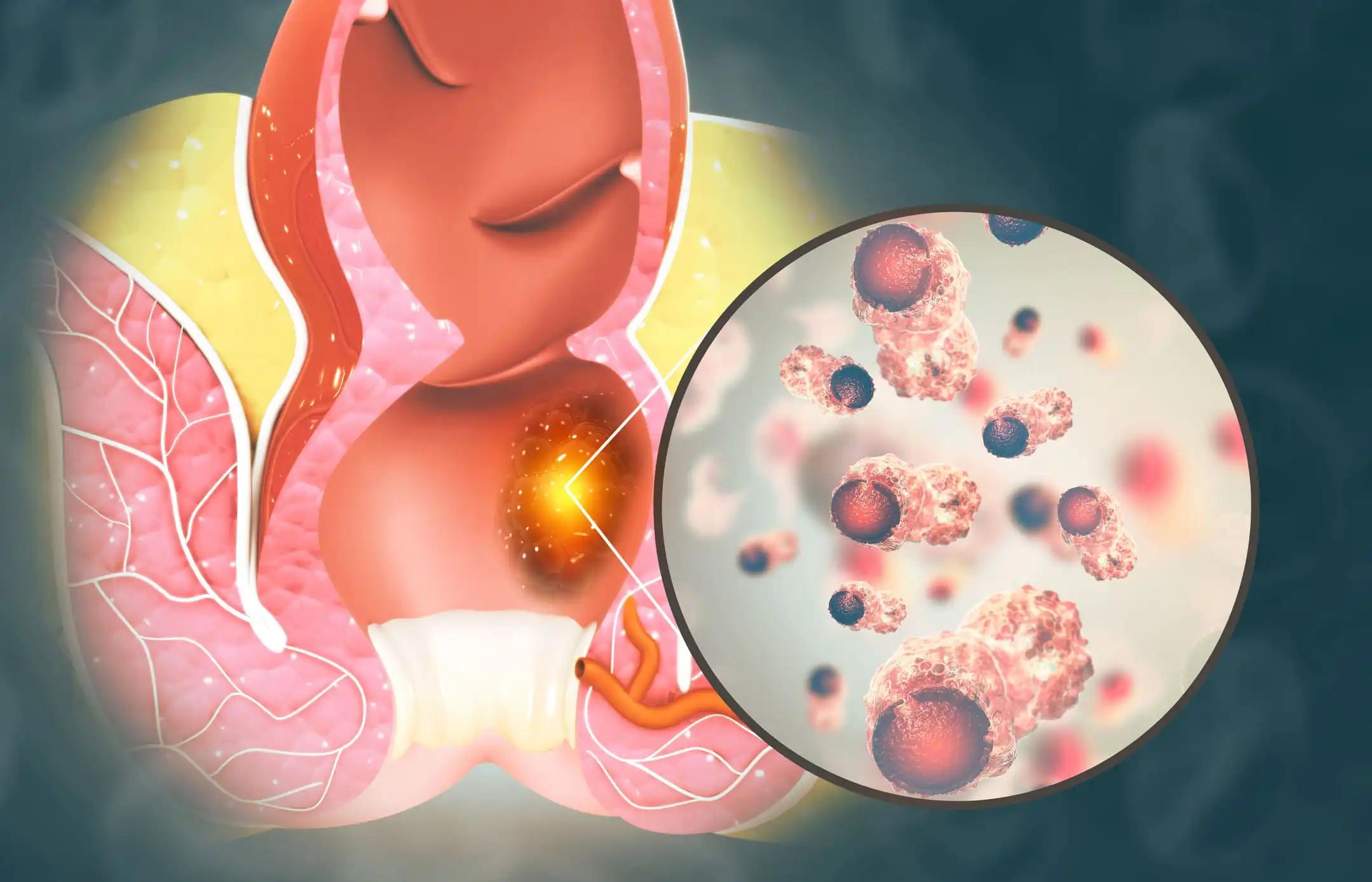KEY TAKEAWAYS
- The phase 2 DESTINY-Gastric01 trial aimed to determine the confirmed objective response rate of trastuzumab deruxtecan (T-DXd) in HER2-low gastric/GEJ adenocarcinoma patients.
- T-DXd was administered intravenously at a 6.4 mg/kg dose every three weeks. The confirmed objective response rate was determined through an independent central review.
- The study showed that T-DXd demonstrated clinical activity in heavily pretreated patients with HER2-low gastric/GEJ adenocarcinoma.
The study aimed to assess the safety and effectiveness of trastuzumab deruxtecan (T-DXd) in individuals with epidermal growth factor receptor 2 (HER2)-low gastric or gastroesophageal junction (GEJ) adenocarcinoma. The study enrolled patients with HER2-low gastric/GEJ adenocarcinoma who received prior treatments, excluding anti-HER2 therapy. T-DXd was administered intravenously at 6.4 mg/kg every three weeks to determine the confirmed objective response rate by independent central review.
The study included 21 patients in cohort 1 and 24 patients in cohort 2, with 19 and 21 patients, respectively, confirmed to have central HER2 status, receiving T-DXd treatment, and possessing measurable tumors at the beginning of the study. The findings revealed an objective response rate of 26.3% (95% CI, 9.1 to 51.2) in cohort 1, with five partial responses observed, and a response rate of 9.5% (95% CI, 1.2 to 30.4) in cohort 2, with two partial responses recorded. Moreover, tumor size reduction was experienced by 68.4% of patients in cohort 1 and 60.0% of patients in cohort 2. The study also examined overall survival rates, indicating a median survival of 7.8 months (95% CI, 4.7 to nonevaluable) in cohort 1 and 8.5 months (95% CI, 4.3 to 10.9) in cohort 2. In terms of progression-free survival, cohort 1 had a median survival of 4.4 months (95% CI, 2.7 to 7.1), while cohort 2 had a median survival of 2.8 months (95% CI, 1.5 to 4.3).
Regarding adverse events, the most commonly reported grade ≥ 3 treatment-emergent events in both cohorts were anemia (30.0% and 29.2%), decreased neutrophil count (25.0% and 29.2%), and decreased appetite (20.0% and 20.8%). Notably, drug-related interstitial lung disease/pneumonitis occurred in one patient from each cohort, both classified as grade 1 or 2. No deaths associated with the drug were reported.
These significant findings highlight the potential of T-DXd treatment in managing HER2-positive breast cancer. The study results pave the way for further exploration and could potentially enhance treatment strategies for patients in the future.
Source: https://pubmed.ncbi.nlm.nih.gov/36379002/
Clinical Trial: https://clinicaltrials.gov/ct2/show/NCT03329690/
Yamaguchi K, Bang YJ, Iwasa S, Sugimoto N, Ryu MH, Sakai D, Chung HC, Kawakami H, Yabusaki H, Lee J, Shimoyama T, Lee KW, Saito K, Kawaguchi Y, Kamio T, Kojima A, Sugihara M, Shitara K. Trastuzumab Deruxtecan in Anti-Human Epidermal Growth Factor Receptor 2 Treatment-Naive Patients With Human Epidermal Growth Factor Receptor 2-Low Gastric or Gastroesophageal Junction Adenocarcinoma: Exploratory Cohort Results in a Phase II Trial. J Clin Oncol. 2023 Feb 1;41(4):816-825. doi: 10.1200/JCO.22.00575. Epub 2022 Nov 15. PMID: 36379002; PMCID: PMC9901967.



